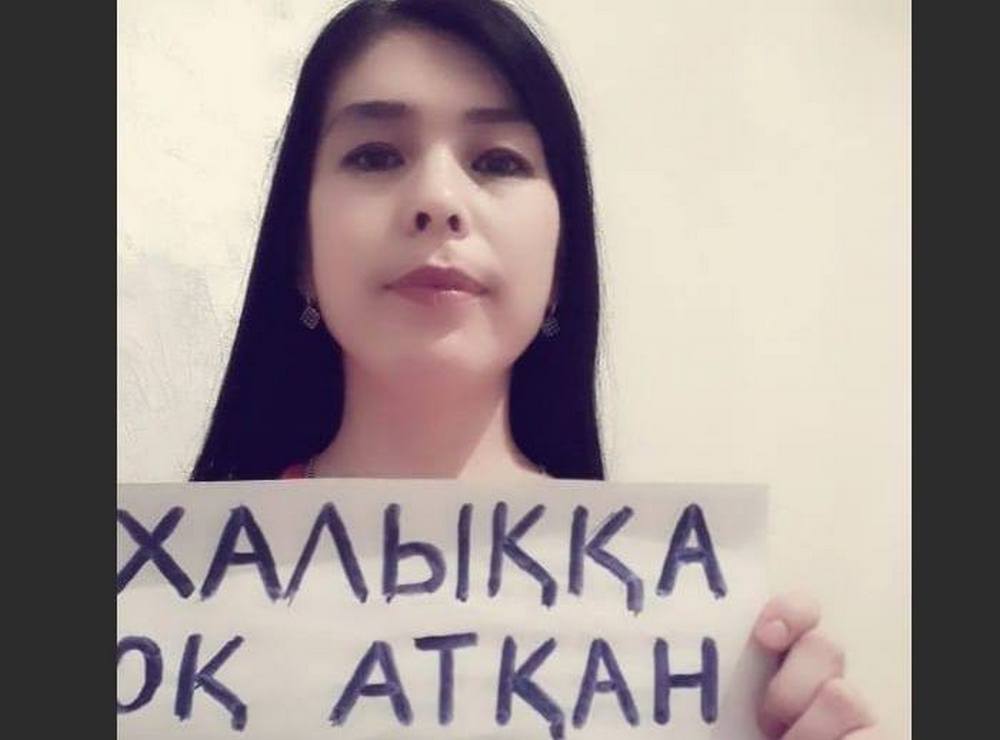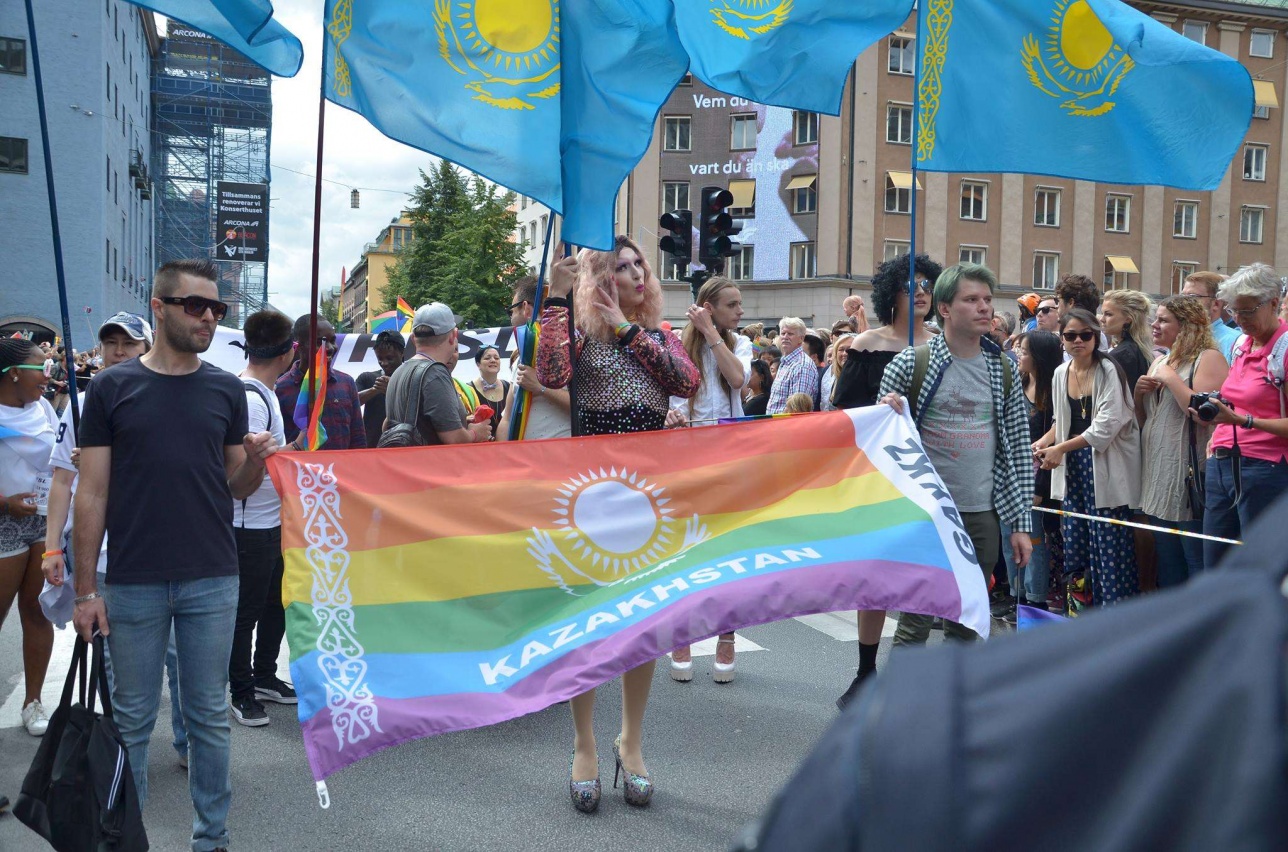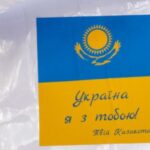Nazam Tabyldieva was sentenced by an Almaty Court for “spreading fake information” and “insulting officials” in her social media publications.
On October 19th, 36-years old Nazam Tabyldieva was brought to trial for a series of Facebook posts she made between September 2022 and April 2023. The charges against her fell under two articles of the Criminal Code: article 274 “disseminating knowingly false information” and article 378 “insulting government officials”.
Article 274 concerneda video Tabyldieva posted on September of last year in which she called Kazakh authorities “puppets of Russia” for pursuing Russian policies by closing the border. The Court considered that these statements amounted to the spread of deliberate fake information under the dubiousclaim that Tabyldieva “knows that Kazakhstan is an independent state”, judge said.
The second accusation under article 378 was brought up regarding several other posts. First, in November 2022, Nazam Tabyldieva said that during the January 2022 events the local authorities “destroyed their people under the pretext of the entry of 20 000 terrorists”. She referred to President Tokayev’s statement in which he claimed that Kazakhstan was under attack by foreign terrorists to justify the bloody repression of protests.
Later on, in February 2023, Tabyldieva called the National Security Committee officials involved in the repression of opposition and civil activists “creatures”. She did not refer to any officials namely.
Finally,in April 2023, Tabyldieva posted a picture of a prosecutor during a trial she attended and called them, as well as other prosecutors of the same office, “karabets”. Translated as “disgraced”, this Kazakh term is used by activists to designate law enforcers who break up their meetings and detain participants.
During the hearing, Nazam Tabyldieva rejected all charges brought against her and said she waspolitically persecuted for her activism. Regarding the accusation of “disseminating knowingly false information”, the defendant argued that she was simply expressing her opinion and using her freedom of expression, as the Constitution guarantees it. As for the allegation of “insulting government officials”, none of the officials were named directly. The defendant said her posts caused no harm: the authorities did not fill any complaints on their own against the publications, in fact they only became aware of them after being summoned by the police for the case.
Moreover, the defendant pointed out several violations that happened throughout the case. Police officers broke into her house for a search, and during Tabyldieva’s body search they touched her intimate parts in front of strangers in the street. Tabyldieva’s lawyer also denounced the presence of “pre-prepared” witnesses at the trial. She called the case “fabricated”. The work of the press was obstructed as well, an RFE/RL journalist was barred from using a mobile phone or filming the hearing.
On November 8, the Court sentenced Nazam Tabyldieva to a year and a half of restricted freedom and a five-years ban of social and political activities on social media.















